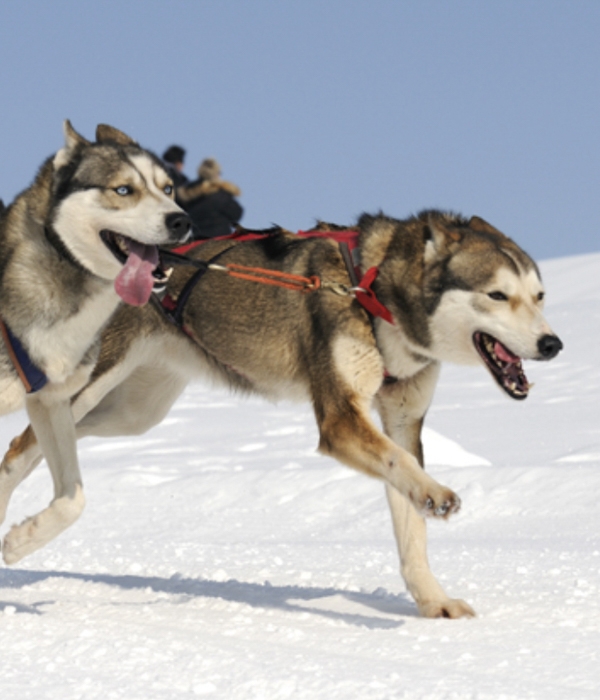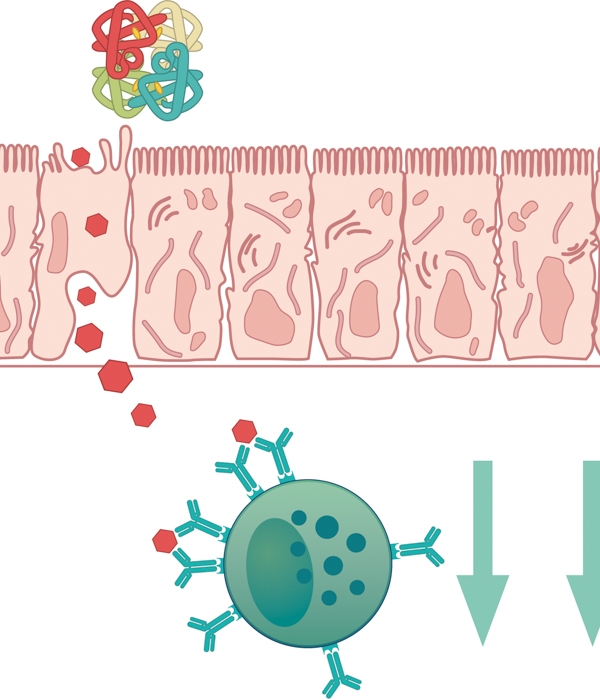This article examines risks associated with insufficient or excessive dietary protein. Insufficiency increases morbidity and mortality through slower protein turnover and lean body mass reduction. Avoidance requires three times more protein than maintaining nitrogen balance, a measure used to define adult dog minimum dietary protein requirements. Healthy older dogs typically need 50% more protein and should consume diets containing at least 7 g protein/100 Kcal ME. Studies on dogs with and without chronic kidney failure confirm that excess protein does not adversely affect the kidneys, although phosphorus and protein-restricted diets are clinically beneficial for those with existing chronic kidney failure.

 Purina: Your Pet, Our Passion
Purina: Your Pet, Our Passion





